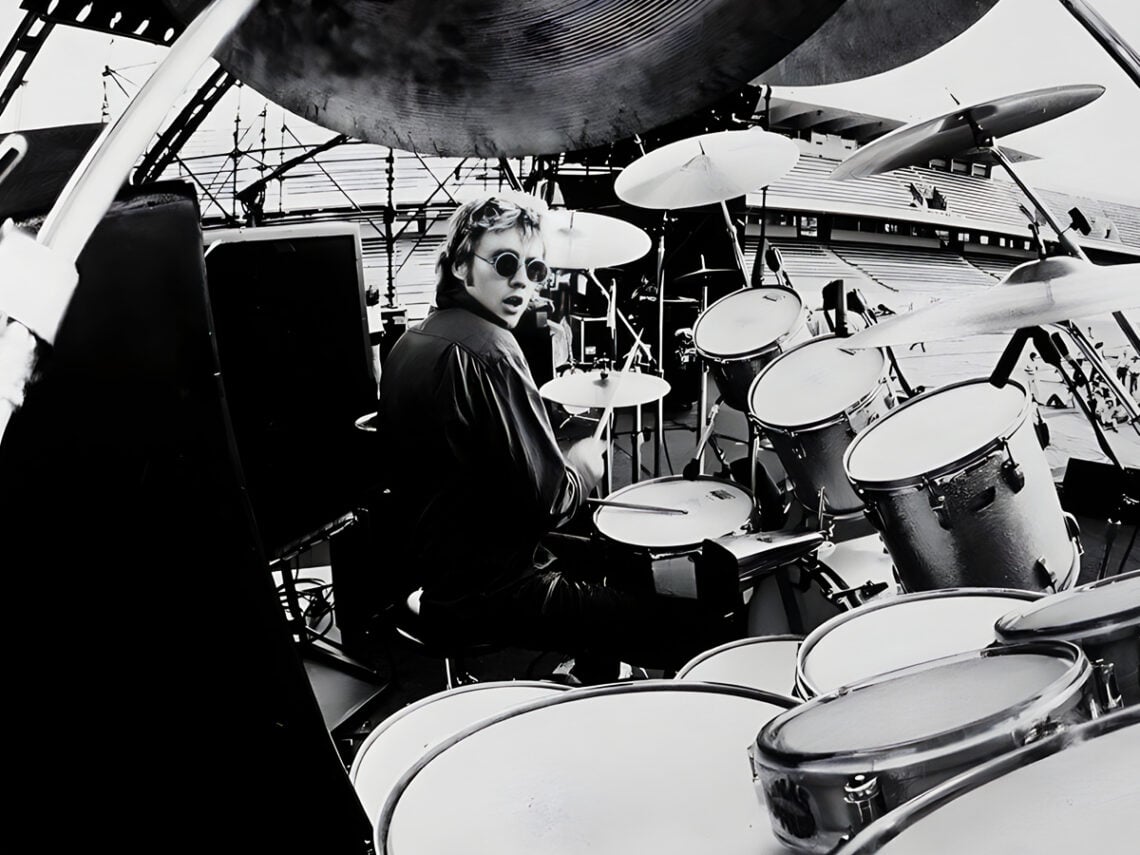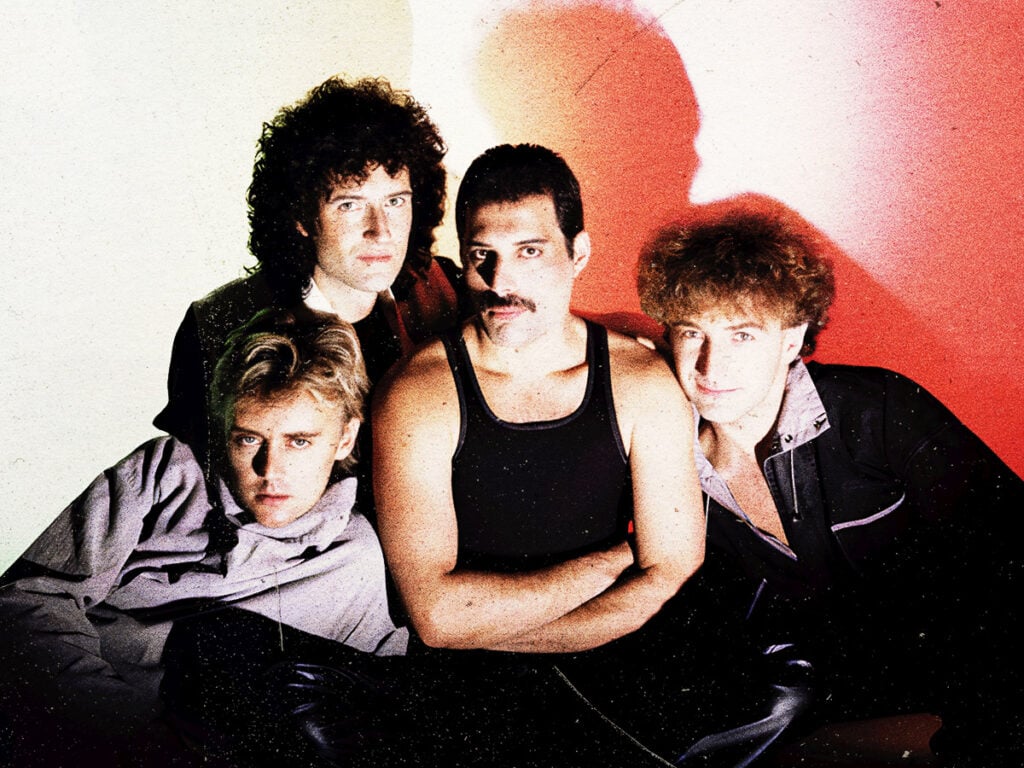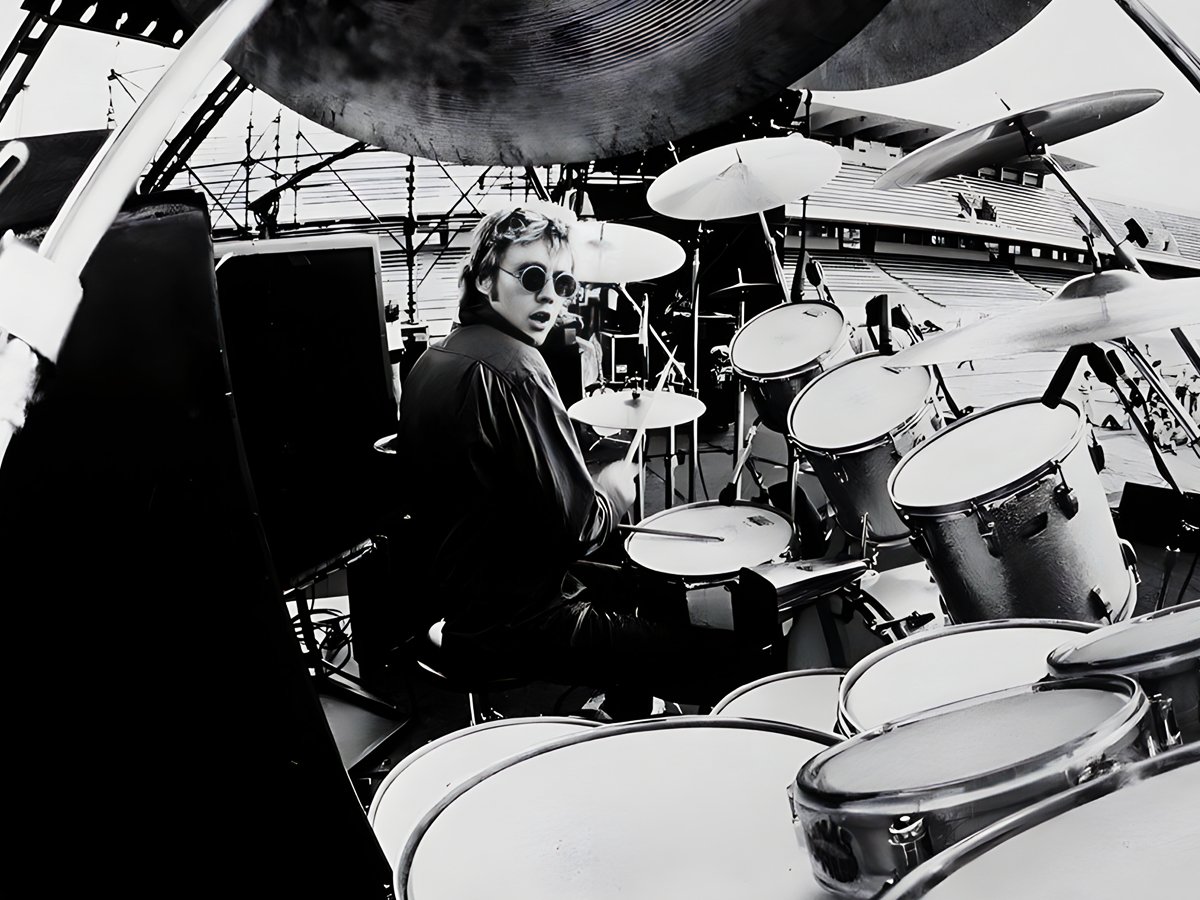
(Credits: Alamy)
Tue 4 November 2025 8:14, UK
Few bands have dominated the landscape of British rock music more resolutely than Queen. Fight as those under the shadow of Freddie Mercury and co might, the band’s ability to cross-pollinate across theatre, eccentricity, and devout ability (all things that make up the British sensibility) makes them an unavoidable part of any musical conversation.
The group may well be one of the most successful the island has ever produced, and it is without question that their impact has long outlasted so many bands deemed to be more talented, or more cultured or simply cooler. Like any good group, the band were more than the sum of their parts.
It’s practically impossible to think of Queen without all four key members in their roles. Even though the band may still go out on tour with Adam Lambert, every fan in the room understands that what they are playing is a celebration of what the band used to be before Freddie Mercury’s passing and John Deacon’s departure. Then again, there was a good chance that Queen could have looked different if Roger Taylor had decided to take things towards another genre.
When first cutting their teeth, Taylor had started working with Brian May in the pre-Queen band Smile, playing songs that fell in line with the traditional rock and roll styles of the time. By the time Mercury started to work his way into the group, the band began to assume their classic form, with Mercury taking his place as one of the premier frontmen of the era.
As the group was starting to hone their craft on their first albums, though, another upstart called Genesis began picking at the framework of rock and roll. Rather than fit their unique sounds into a neat package, the progressive rock titans were known to expand their craft into many different areas, making for episodic songs that could go well past the boundaries of a standard rock single.
 The four members of Queen. (Credits: Far Out / Spotify)
The four members of Queen. (Credits: Far Out / Spotify)
Once they lost their original drummer on the album Trespass, the hunt was on for a new member when Genesis decided to try out Taylor. Though Taylor may have had the chops to play any style of rock and roll that suited the song, he felt that their brand of complexity wasn’t what he was looking to do.
Recounting the audition process, Taylor thought that the entire process didn’t suit his musical style, recalling to Louder, “They invited me to the studio to listen to them, then we went to the pub. They didn’t say: ‘Do you want to join the group?’ But I get the impression that’s what they wanted because their drummer had left.”
The acquisition of Taylor would have been a seismic moment for Genesis. Of course, Taylor was an unknown, but his unique songwriting ability would have been a huge advantage to the group. But the chemistry just wasn’t there. Taylor concluded: “They’re all lovely people, but I didn’t really get the music, to be honest. It was a bit too prog for me”.
Although Taylor might say today that the songs were too complicated for what he wanted to do, there was still a heavy influence from progressive rock in the early days of Queen. Looking back on the band’s first handful of albums, some of their beloved deep cuts involved them stretching things out well beyond the pop song format, including massive riffs on tracks like ‘Great King Rat’ and the anthem ‘Bohemian Rhapsody’.
Then again, Taylor wanted to push music forward in the same way that Led Zeppelin pushed music forward, wanting to have one hand in the pop sphere and the complex side of rock. Ironically, this would be the same mindset that Genesis would have once Peter Gabriel left the fold, with Phil Collins stepping out from behind the drumkit to sing and turning in one chart hit after the next, like ‘That’s All’ and ‘Invisible Touch’.
Despite the doomed audition, Queen and Genesis would remain on slightly parallel tracks, each becoming superstars in their own right once the 1980s kicked in. While rock fans got two of the titans of 1980s rock, they indirectly missed the chance to see one of the biggest supergroup crossovers ever.
Related Topics

